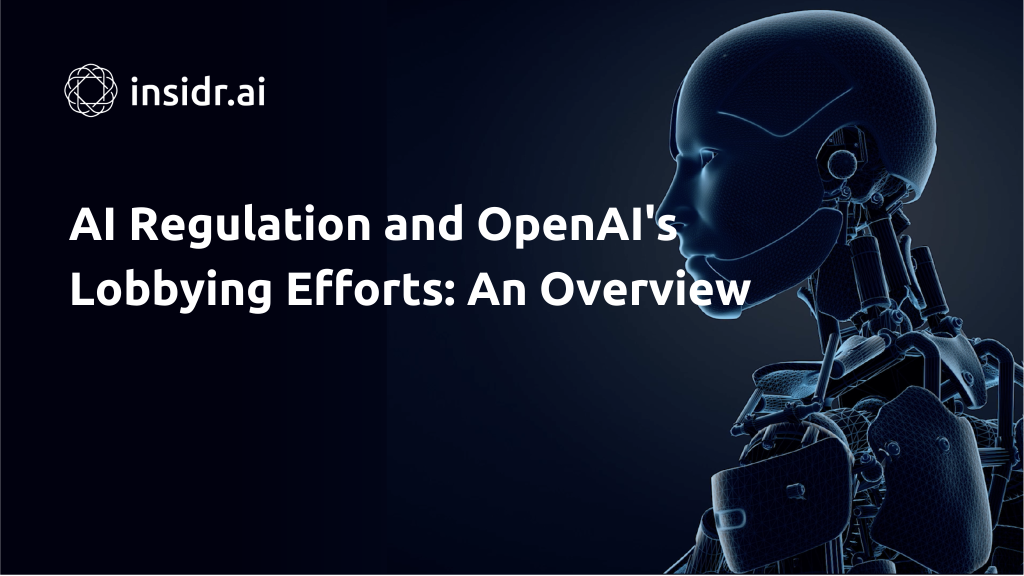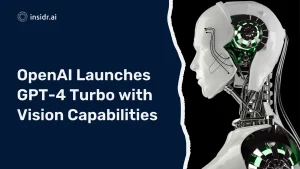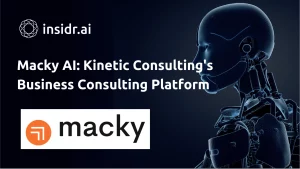
In recent years, the field of artificial intelligence (AI) has witnessed rapid advancements and integration into various aspects of our lives.
However, as AI becomes increasingly powerful and pervasive, concerns surrounding its ethical implications and potential risks have also gained prominence.
This article delves into the topic of AI regulations and explores a report that suggests OpenAI, the owner of ChatGPT, has lobbied with the European Union (EU) for less stringent AI regulations.
Let’s examine this issue in detail and understand its implications.
The Rise of Artificial Intelligence
Artificial Intelligence refers to the development of computer systems that can perform tasks requiring human intelligence, such as speech recognition, decision-making, and problem-solving.
AI has witnessed remarkable progress, with applications in various sectors like healthcare, finance, transportation, and entertainment.
Need for AI Regulations
The rapid advancements in AI technology have raised concerns about potential risks and ethical dilemmas.
As AI systems become more autonomous, ensuring their responsible and ethical use becomes crucial.
AI regulations aim to establish guidelines and frameworks to govern the development, deployment, and use of AI systems, fostering trust, accountability, and transparency.
Introduction to OpenAI and ChatGPT
OpenAI is an organization dedicated to developing safe and beneficial AI technologies.
One of their notable achievements is the creation of ChatGPT, a state-of-the-art language model designed to generate human-like responses to prompts.
ChatGPT has gained widespread attention for its ability to engage in conversational dialogue and provide informative and creative answers.
OpenAI's Lobbying Efforts
According to a report, OpenAI has been involved in lobbying the European Union for less stringent AI regulations.
The report suggests that OpenAI has advocated for more industry-friendly policies and standards.
This lobbying activity aims to shape AI regulations that align with OpenAI’s objectives and interests.
Arguments for Less Stringent AI Regulations
Proponents of less stringent AI regulations argue that overly strict regulations could stifle innovation and impede technological progress.
They believe that a flexible regulatory environment would foster greater experimentation, promote economic growth, and enable AI systems to reach their full potential.
Potential Consequences of Looser Regulations
However, critics of OpenAI’s lobbying efforts raise concerns about potential consequences of looser regulations.
They argue that inadequate oversight and relaxed regulations may lead to ethical dilemmas, biases in AI systems, threats to privacy and security, and even job displacement.
Striking the right balance between innovation and safeguarding societal interests becomes paramount.
Striking the Right Balance
Finding the right balance in AI regulations is a complex task. It requires collaboration among policymakers, AI researchers, industry experts, and the public.
The regulations should consider the potential risks, while also allowing for innovation and societal benefits.
Striking this balance ensures that AI technologies can progress in a manner that is safe, responsible, and aligned with the interests of the broader population.
The Role of International Collaboration
AI regulations need to be addressed at a global level to avoid fragmented approaches that may impede technological advancements and hinder cooperation.
International collaboration enables the sharing of best practices, harmonization of standards, and coordinated efforts to tackle the challenges associated with AI development and deployment.
Ethical Considerations in AI Development
Embedding ethical considerations in the development of AI systems is vital.
Transparency, fairness, accountability, and robust risk assessments should be integral parts of AI development processes.
It is crucial to ensure that AI technologies are designed to serve humanity and avoid any harm or discrimination.
Addressing Public Concerns
Public concerns about AI’s impact on privacy, employment, and social inequality must be addressed.
Engaging in open dialogues with the public, educating them about AI’s potential benefits and risks, and actively involving stakeholders in the policymaking process can foster trust and ensure that regulations reflect the collective interests of society.
The Future of AI Regulations
As AI continues to advance, the need for effective regulations becomes more pressing.
Governments, regulatory bodies, and organizations like OpenAI have crucial roles to play in shaping AI policies.
Balancing innovation, societal benefits, and risk mitigation will remain a challenge, but ongoing discussions, collaborations, and proactive measures can help establish a robust regulatory framework.
Conclusion
AI regulations hold immense importance in ensuring the responsible and ethical development and use of AI technologies.
The report suggesting OpenAI’s lobbying efforts for less stringent AI regulations highlights the ongoing debates and challenges surrounding this topic.
Striking the right balance between innovation and societal interests is crucial to foster a future where AI systems contribute positively to our lives.
Discover More AI Tools
Every week, we introduce new AI tools and discuss news about artificial intelligence.
To discover new AI tools and stay up to date with newest tools available, click the button.
To subscribe to the newsletter and receive updates on AI, as well as a full list of 200+ AI tools, click here.







